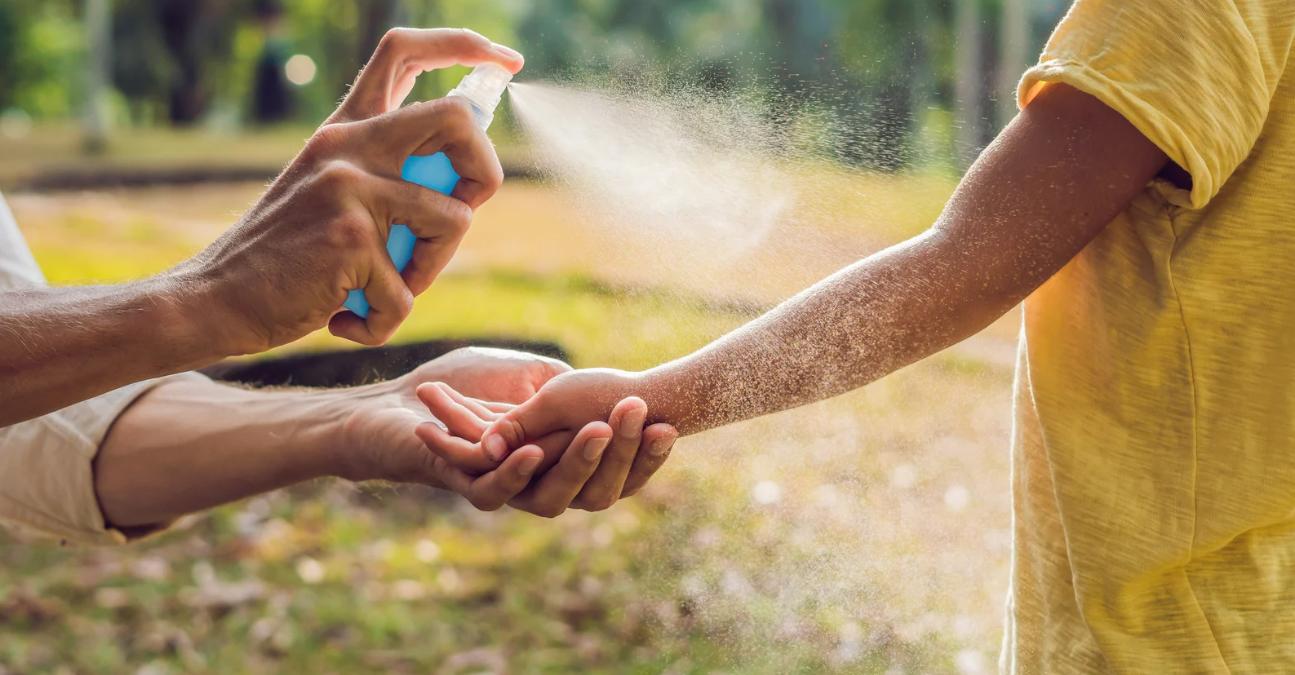World Mosquito Day, observed annually on August 20th, isn’t just a day to acknowledge the global impact of mosquitoes—it’s a call to action to safeguard ourselves against these tiny but potentially dangerous creatures. While mosquitoes are notorious for their itchy bites, they are also vectors for serious diseases such as malaria, Zika, dengue, and West Nile virus. This blog explores effective strategies to repel mosquitoes and offers advice on treating their bites, ensuring you and your loved ones can enjoy the outdoors worry-free.
Understanding Mosquito Attraction
Before diving into prevention and treatment, it’s important to understand why mosquitoes might choose you as their next meal. Factors include:
- Carbon Dioxide: Every time you exhale, you release carbon dioxide, which is one of the most attractive signals to mosquitoes.
- Body Heat and Sweat: Mosquitoes are drawn to body heat and the lactic acid found in sweat.
- Clothing Color: Dark colors can make you more visible to mosquitoes.
Recognizing these factors can help in effectively planning your mosquito defense strategy.
Proven Mosquito Repellents
DEET-Based Repellents
DEET (N,N-diethyl-meta-toluamide) has been the gold standard in mosquito repellents for decades. Products containing 20-30% DEET can provide long-lasting protection against mosquitoes.
Picaridin as an Alternative
Picaridin is an odorless synthetic repellent with efficacy similar to DEET but is often more pleasant to use due to its non-greasy finish.
Natural Repellents
For those looking for a natural option:
- Oil of Lemon Eucalyptus (OLE): CDC-approved and as effective as low concentrations of DEET.
- Citronella: Useful in candle and oil form, ideal for ambient mosquito repelling.
- Geraniol: Derived from geraniums and shown to be effective in various studies.
Remember, when using any repellent, it’s essential to follow the application guidelines provided by the manufacturer.
Innovative Ways to Prevent Mosquito Bites
Smart Landscaping
Limiting mosquitoes’ breeding grounds can drastically reduce their populations:
- Remove Standing Water: Regularly empty plant saucers, bird baths, and other items that can hold water.
- Trim Vegetation: Keep bushes and trees well-trimmed to reduce shady areas where mosquitoes rest.
Mosquito-Proofing Your Home
- Use Window and Door Screens: Ensure that all your windows and doors have tightly-fitted screens to keep mosquitoes out.
- Use Air Conditioning: Where possible, use air conditioning to keep windows and doors closed during mosquito season.
Treating Mosquito Bites
Immediate Actions
- Wash the Area: Clean bites with soap and water to reduce the chance of infection and remove irritants.
- Cool Compresses: Apply a cold pack or a damp cloth cooled with cold water to reduce swelling and soothe the skin.
Over-the-Counter Remedies
- Antihistamines: Oral antihistamines can help reduce itching and swelling.
- Hydrocortisone Cream: A topical steroid that can alleviate itching and swelling.
Home Remedies
- Aloe Vera: Known for its soothing properties, aloe vera can be applied to bites to reduce inflammation.
- Baking Soda Paste: Mix baking soda with a little water and apply it to the bite to help soothe the itch.
Stay Safe and Enjoy the Outdoors
World Mosquito Day is a reminder of the importance of protecting ourselves from these tiny pests. By using effective repellents, employing smart prevention strategies, and treating bites promptly, we can minimize the nuisance and health risks posed by mosquitoes. Let’s put these practices into action and enjoy a safer, more comfortable outdoor experience.

